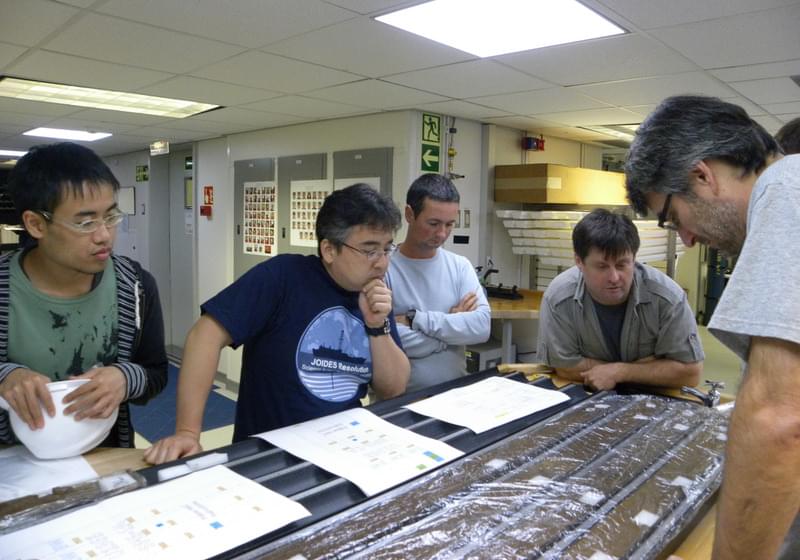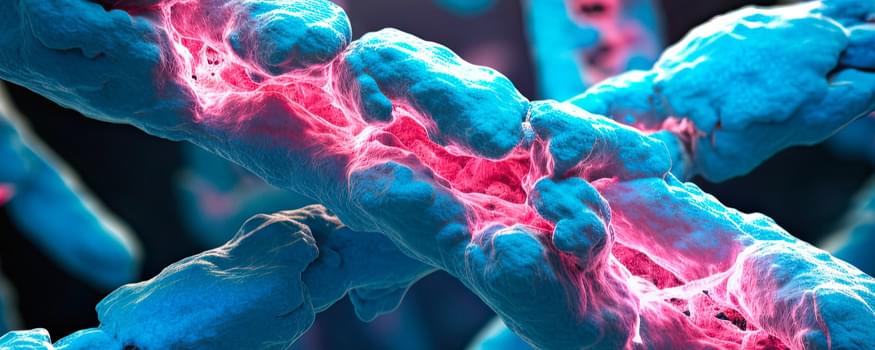Patients with growth hormone receptor deficiency, or Laron syndrome, appear to have lower than average risk factors for cardiovascular disease, according to a new study.
A new study highlights possible cardiovascular health advantages in individuals with a rare condition known as growth hormone receptor deficiency (GHRD), also called Laron syndrome.
GHRD, which is characterized by the body’s impaired ability to use its own growth hormone and results in stunted growth, has been linked in mice to a record 40% longevity extension and lower risks for various age-related diseases. However, the risk of cardiovascular disease in individuals with GHRD has remained unclear until now, leading to the speculation that in people, this mouse longevity mutation may actually increase cardiovascular disease.






